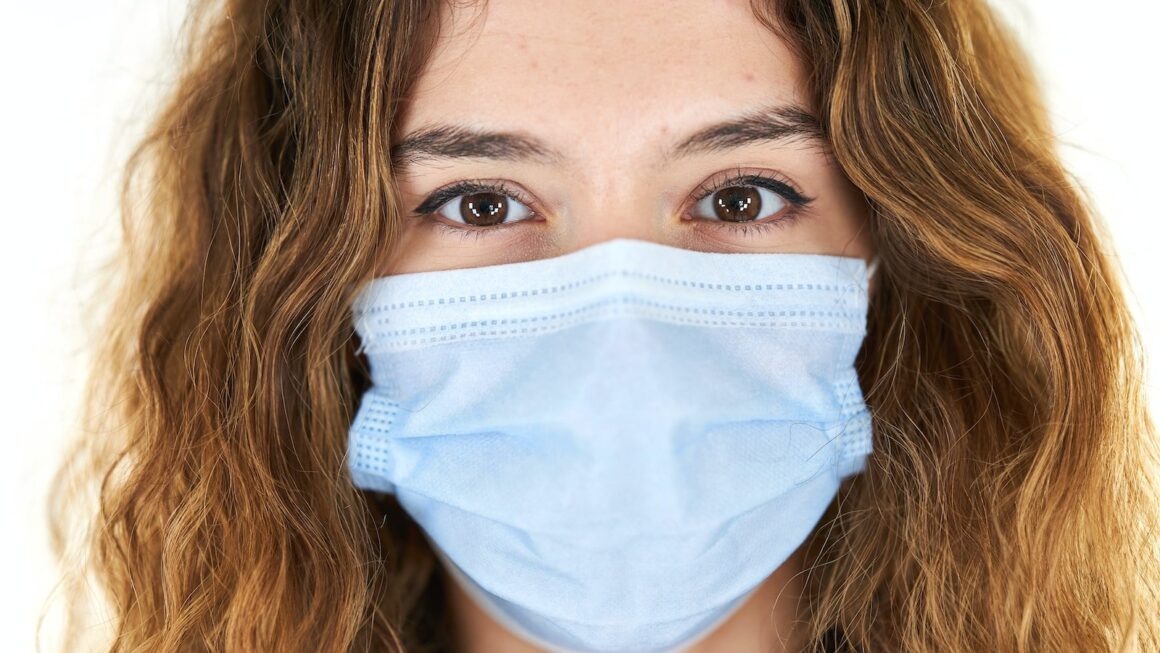The Role of Masks in Preventing the Spread of COVID-19: Debunking Misconceptions and Providing Evidence-Backed Information
Welcome to the ongoing debate surrounding mask usage during the COVID-19 pandemic. With so much conflicting information, it’s important to separate fact from fiction and understand the role masks play in preventing the spread of the virus. In this blog post, we will explore mask effectiveness and dispel common misconceptions.
Types of Masks: Cloth, Surgical, and N95 Respirators
Before diving into mask effectiveness, it’s crucial to understand the differences between cloth masks, surgical masks, and N95 respirators. Each type has distinct features and filtration capabilities.
Cloth Masks
Cloth masks, which can be homemade or commercially produced, fit snugly against the face and are usually made from materials like cotton, polyester, or a blend. Filtration efficiency varies based on the quality of fabric used and how well the mask fits.
Surgical Masks
Surgical masks, commonly used in healthcare settings, can filter out large particles and protect the wearer from spreading infections. While they don’t offer a tight fit like N95 respirators, surgical masks are still an effective option for reducing transmission risk.
N95 Respirators
N95 respirators are the gold standard for mask effectiveness, filtering out at least 95% of small airborne particles, including viruses. They have a tight seal around the face and are typically reserved for healthcare workers or those in close contact with COVID-19 patients.
Mask Effectiveness: Debunking Common Misconceptions
Misconception 1: Masks Deprive Us of Oxygen and Cause Carbon Dioxide Poisoning
Masks do not lead to oxygen deprivation or carbon dioxide poisoning. Most masks, including surgical masks and N95 respirators, are designed to allow adequate ventilation while still providing a physical barrier.
Misconception 2: Masks Aren’t Necessary if You’re Not Sick
Asymptomatic individuals can also transmit the virus, making universal mask-wearing recommended. While masks are essential for preventing an ill person from spreading the virus, they’re equally important for protecting others.
Misconception 3: Social Distancing Isn’t Necessary if You’re Wearing a Mask
Masks and social distancing work hand in hand. While masks act as a barrier to respiratory droplets, maintaining a safe distance from others and frequent hand washing provide additional protection.
Misconception 4: Masks Only Protect the Wearer
When you wear a mask, you’re not just protecting yourself but also those around you. If everyone wears a mask, the collective benefit is substantial in reducing the spread of the virus.
Conclusion: Mask Effectiveness and Collective Protection
Science has proven that masks, when used correctly and consistently, significantly reduce the spread of COVID-19. While no single measure eliminates the risk of infection entirely, masks are an essential tool in our pandemic-fighting arsenal. Wearing a mask and following other preventive measures like social distancing and hand hygiene protects not only ourselves but also our communities and loved ones.




